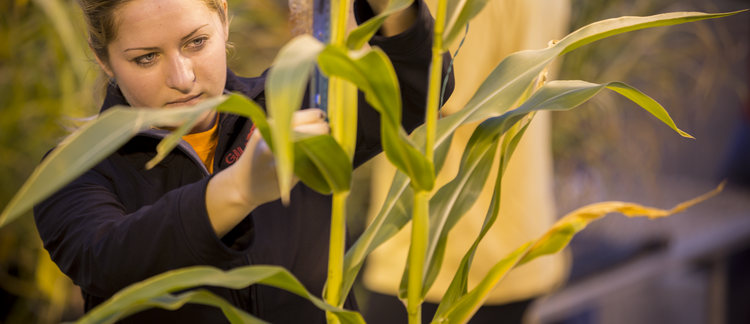Abstract
There is increasing interest in evaluating group housing for gestating sows. The majority of gestating sows are housed in individual stalls or crates for the majority of the gestation period (100–110 days). Hoop structures are low-cost shelters that can be used for swine. By using feeding stalls and cornstalk bedding, hoops provide a feasible housing system for gestating swine. The objective of this long-term study is to evaluate effects of gestation housing on reproductive performance of sows. Group-housed gestating sows in static groups were compared to sows in individual gestation crates. "Static" refers to a group of sows that is managed as a group without mixing with other groups of sows. The group farrows, is bred, and gestated as an intact group. Replacement gilts are added to the group after farrowing.
Keywords: Animal Science
How to Cite:
Honeyman, M. S., Harmon, J. D., Kent, D. & Hummel, D., (2002) “The Effects of Gestation Housing on the Reproductive Performance of Gestating Sows: A Progress Report”, Iowa State University Research and Demonstration Farms Progress Reports 2001(1).
Downloads:
Download pdf
View PDF

